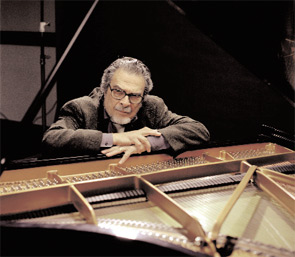If a physician or other provider wants to know what a patient has lost (i.e., cannot do), the HAQ is terrific. Consider its construction and the manner in which points are awarded to the extent of limitation. For any given activity (e.g., opening a jar), full function gets a zero while full dysfunction gets 3 points. The best a person can do in life is a zero. The worst is 3. While I would have preferred a scaling system that gives function a positive number and dysfunction a negative one, the HAQ is enormously valuable and is one of bedrocks of modern rheumatology research.
While I occasionally do a HAQ in my clinic, usually I ask the patient a more direct question about function, especially if I am with a trainee: “What are things that you would like to do but cannot do because of your arthritis?” The array of answers is remarkable for its variety (and sadness) and, hopefully, impresses on the trainee the seriousness of arthritis and the need for better treatment. After 30 years of caring for arthritis patients, I am well aware of the monumental loss this disease causes.

The Goal: Less Loss
There are many reasons for providers and investigators to focus on loss and demonstrate its magnitude in quantitative ways. For the individual patient, a measure like the HAQ is an important way to characterize health status and measure outcomes. A change in the HAQ is often as good an indicator as a change in the joint count or sedimentation rate.
In a larger realm of health policy, a quantitative measure of loss provides a basis for advocating for patients to get more and better care and a greater share of the healthcare dollar. The greater the loss caused by a given type of illness, the greater the allocation of resources—whether by the NIH for research or the insurers for the provision of services. Certainly, the pharmaceutical industry is attuned to the burden of illness—as reflected in quality-adjusted life-years (QALYs)—and it is likely to invest in diseases where the unmet needs are high.
Whether the patient fills in a questionnaire like the HAQ or answers an open-ended question about function, the message is clear: Arthritis is about loss. Fortunately, medical therapy for inflammatory arthritis and improved surgical procedures are producing dramatic improvement in patient outcome, but the benchmark of success is really less loss, with gain only moving the HAQ back to zero.
